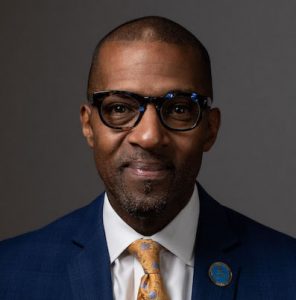Many of you may have heard through media reports about RaDonda Vaught, a former Tennessee nurse criminally charged for a fatal drug error that resulted in the death of Charlene Murphey. She was convicted of gross neglect of an impaired adult and negligent homicide last month.

Here at AHS, we have embarked on a journey to adopt a Just Culture that supports our employees, respects our patients, and focuses on fixing system issues that may result in errors. At the end of last year, we implemented a mandatory Just Culture training for managers and leaders and in January we began rolling out the training for all staff. It is our goal for staff to feel safe and empowered to voice concerns about patient and workforce safety and encouraged to report errors, lapses, near-misses and adverse events.
In response to the death of Charlene Murphey at Vanderbilt University Medical Center and the prosecution of RaDonda Vaught, AHS mobilized a workgroup to prevent a similar tragic incident.
AHS Medical staff, nursing, pharmacy, regulatory staff and patient safety came together to find opportunities to put systems in place to reduce human error. The following interventions have been implemented across all acute-care inpatient units where Neuromuscular Blocking Agents (NMBAs) are used:
- Re-evaluated, by unit, the need to have override capability for NMBA’s and revised according to clinical need
- Leveraged technology to reduce the likelihood of human error
- Implemented a dual verification system where two licensed professionals must verify prior to an override
- Improved existing visual cues to enhance awareness at the time of drug delivery
Unfortunately, the prosecution and conviction of nurse RaDonda Vaught is the opposite of a culture of safety. The prosecution sought to punish an individual without looking at the systemic errors that may have led to the tragic mistake. AHS is concerned that a case like this may result in more harm by discouraging health care workers to speak up when they make a mistake.
We recognize that human error is inevitable and we are committed to a Just Culture that acknowledges errors, seeks to understand underlying issues and corrects systems and not punishes individuals. We must all be courageous and speak up when we make mistakes, especially if there is a near miss, so that we can continue to improve systems and outcomes for our patients.

